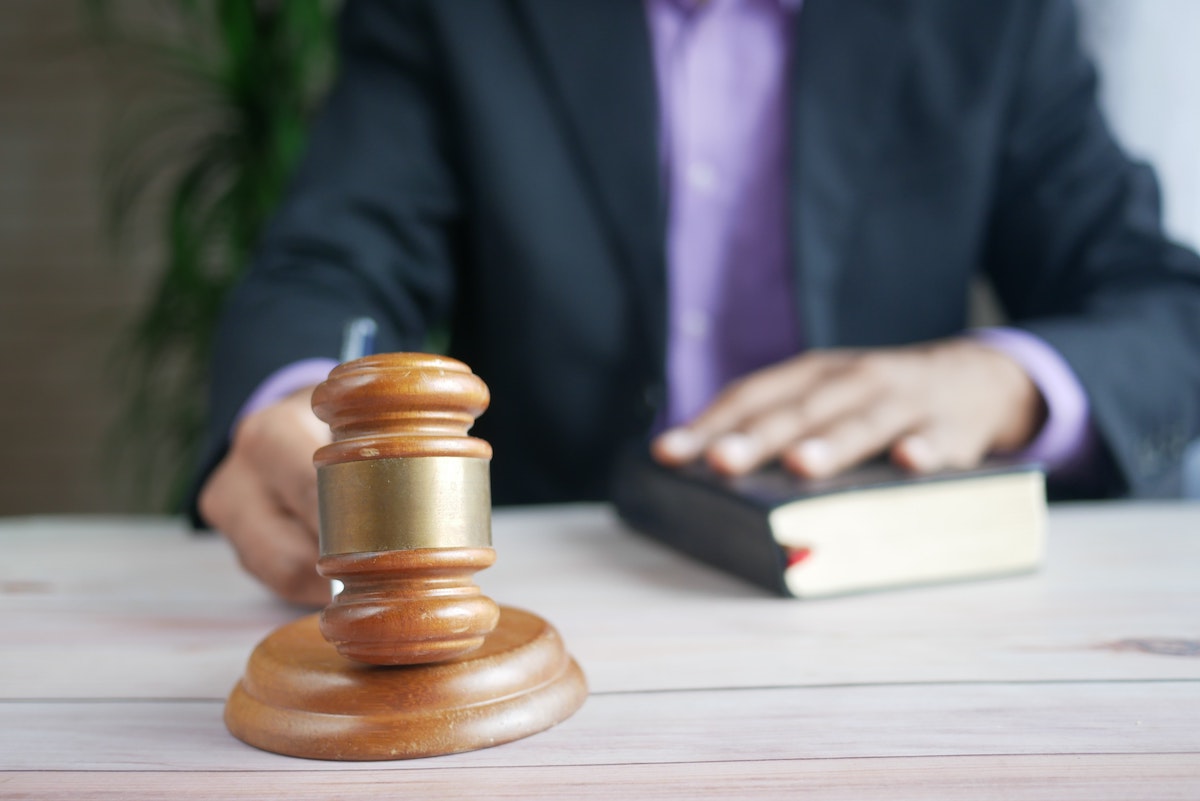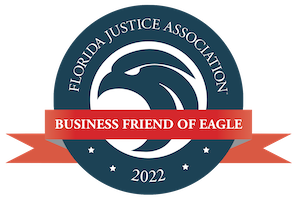How to Use Mock Trials in Case Evaluation and Trial Preparation
The Importance of Mock Trials in Litigation
Mock trials may not be as common as other aspects of litigation such as depositions or discovery meetings but many lawyers, especially those who specialize in trial cases, consider them one of the most powerful tools at their disposal. An ejury is an opportunity for you to explore various contingencies with potential jurors and judges before any actual trial begins – which means you'll know exactly how each witness's testimony will play with any possible jurors before you ever get underway with your case.
What Are Mock Jury Trials?
A mock jury trial is a powerful tool for attorneys to evaluate their case prior to actual trial. It is an opportunity for a legal team to bring together potential jurors and hear what they have to say about both sides of a case. An ejury can be referred to as online jury, since lawyers can focus group various strategies and concepts before any major time or money has been invested in their work. In addition, they allow both attorneys and jurors to get comfortable with each other—and with seeing themselves in each other's roles, which can reduce anxiety during real trials.
To start, attorneys must first select a pool of potential jurors to serve on their mock jury. There are several ways to do so, including randomly selecting names from voter rolls or those who have been through jury duty before and asking people if they would be willing to participate in a trial. If your case is being held at an institution like a university, you can also post notices and survey students on campus. It's important that you create a fair and representative selection of potential jurors so that you know how your case will play out with different groups in different parts of your jurisdiction. Most online groups are conducted via Skype or some other platform that allows participants to appear together.
Why Do Law Firms Use Them?
The fact is that mock trials are one of most powerful tools for case evaluation and trial preparation. But what are they exactly? In a nutshell, they’re an effective way to recreate your entire legal case without actually going to court. Law firms use them to help assess whether their arguments have any basis in reality, or if there might be holes or vulnerabilities that can be exploited by opposing counsel. They can also give you valuable insight into how witnesses will perform under pressure, which will come in handy when you’re crafting your final presentation before a jury. And on top of all that, they are fun!
You can do these trials with witnesses and attorneys, and you’ll learn a lot about their strengths, weaknesses, and how they perform under pressure. You might even discover that some things you thought would be extremely powerful for your case might not be as effective as you hoped. Even though it’s great to get your legal case ready for trial, remember that nothing is more important than preparing yourself to appear before a jury. After all, if they don’t believe what you have to say then they won’t award any money—even if you have an excellent case. The best way to prepare yourself is by practicing answering difficult questions under pressure so when it comes time for actual trial everyone already knows what to expect.
Is a Mock Trial The Same As A Focus Group?
Because they were often done at law firms by junior associates, they sometimes got confused with a focus group. These groups are meant to gauge opinions and inform marketing efforts, but ejuries are designed for one purpose: helping lawyers better prepare for trials. These two concepts aren't interchangeable, but that doesn't mean you should discount them both. You should know what a focus group is before your firm decides whether or not to use them (hint: they're not used nearly as much today), and you should also familiarize yourself with these types of trials because of their many benefits. As long as you know why your firm wants to do them, then it will be easy to see if they make sense for everyone involved.
While there is no standard structure for how these trials are conducted, they generally fall into one of two types: process or result. Process mock trials are meant to mimic every step that happens during a real trial, so each side prepares evidence and calls witnesses to make their case. When these events happen, they're usually run like actual trials with a judge present to rule on objections and ensure everyone is following protocol. It may sound like a lot more work than doing it yourself, but one benefit is that your law firm can see how you perform under pressure. How do you handle objections? Are you quick on your feet when cross-examining witnesses?
What Can I Learn From a Mock Jury?
One of the most powerful tools for case evaluation and trial preparation is a mock jury trial. Mock trials, also known as simulated jury trials or focused feedback juries, give parties an invaluable opportunity to test their case and refine their arguments before spending tens or hundreds of thousands on actual litigation. In addition to providing rich insights into how jurors will perceive your client's story, mock trials can be used to gather important insight into pretrial issues (for example, creating a juror pool) and offer additional opportunities for direct jury contact. The use of mock jury exercises has been on a steady rise over recent years due to their popularity with both legal professionals and research consumers. Today more law firms conduct one or more online ejury trials per year than ever before.
What mock trials can tell you about your case: Mock jury research will reveal a lot about how potential jurors think and how they interpret your arguments. As opposed to the traditional focus group, these trials offer insight into not only what people think but also why they hold certain views. During litigation, judges and juries are required to reach their decisions based on both law and fact; mock trials provide important insights into how jurors analyze information based on each category. If your trial strategy is strongly grounded in legal precedent or if you expect a great deal of disagreement over key facts, then they are especially valuable for helping attorneys anticipate what arguments will resonate with jurors and which ones won’t.
How Does My Law Firm Benefit from Online Focus Groups?
In recent years, there has been a drastic increase in popularity for using focus groups as an integral part of marketing campaigns. However, lawyers have been slow to adopt such tools due to significant challenges and costs. Fortunately, a new wave of online focus groups are not only making these opportunities more accessible but also vastly improving their effectiveness. Here is a way that mock jury trials can benefit your law firm's litigation preparations
Focus groups have historically suffered from two significant limitations that have prevented them from being used as litigation preparation tools. First, a typical focus group can cost around $7,000 to host, which is far too high for most lawyers to be willing to foot. Second, it has proven difficult for participants to relate their everyday experiences and opinions into a legal context without some form of active prompting or outside information. While traditional focus groups are still valuable marketing resources, recent developments have made online mock jury trials an ideal tool for increasing trial readiness. Their ease-of-use makes them much more accessible than ever before. Additionally, since they mirror actual courtroom conditions (e.g., testifying under oath), they allow you to test your case theories and witness testimony with greater accuracy than would be possible otherwise.
How Do Ejury Focus Groups Work?
Jury focus groups are an important part of any trial preparation process. You can't talk to every person who will hear your case during jury selection, but a jury focus group allows you to get feedback from a small number of people who have gone through that process and have heard your case. With an online focus group, you can easily reach out to those people and get their honest opinions on everything from whether or not your evidence is convincing to what points you should emphasize. Focus groups are becoming more common as law firms continue to recognize their value, so it's more important than ever that you start thinking about how to use them now!
The goal of focus groups is to get feedback that can help you understand what works about your case and what doesn't. A good focus group will let you know if your evidence has convinced people, if there are any holes that need to be filled or specific points where people have concerns. Online focus groups allow you to reach out to as many people as possible and target participants based on factors like their geographic location or demographic information, so you can ensure that you're getting opinions from people who are actually likely to serve on a jury for your case. Focus groups also help eliminate selection bias—you'll be able to identify potential jurors who fit with a wide range of circumstances, rather than just looking at a narrow group of pre-screened individuals.


